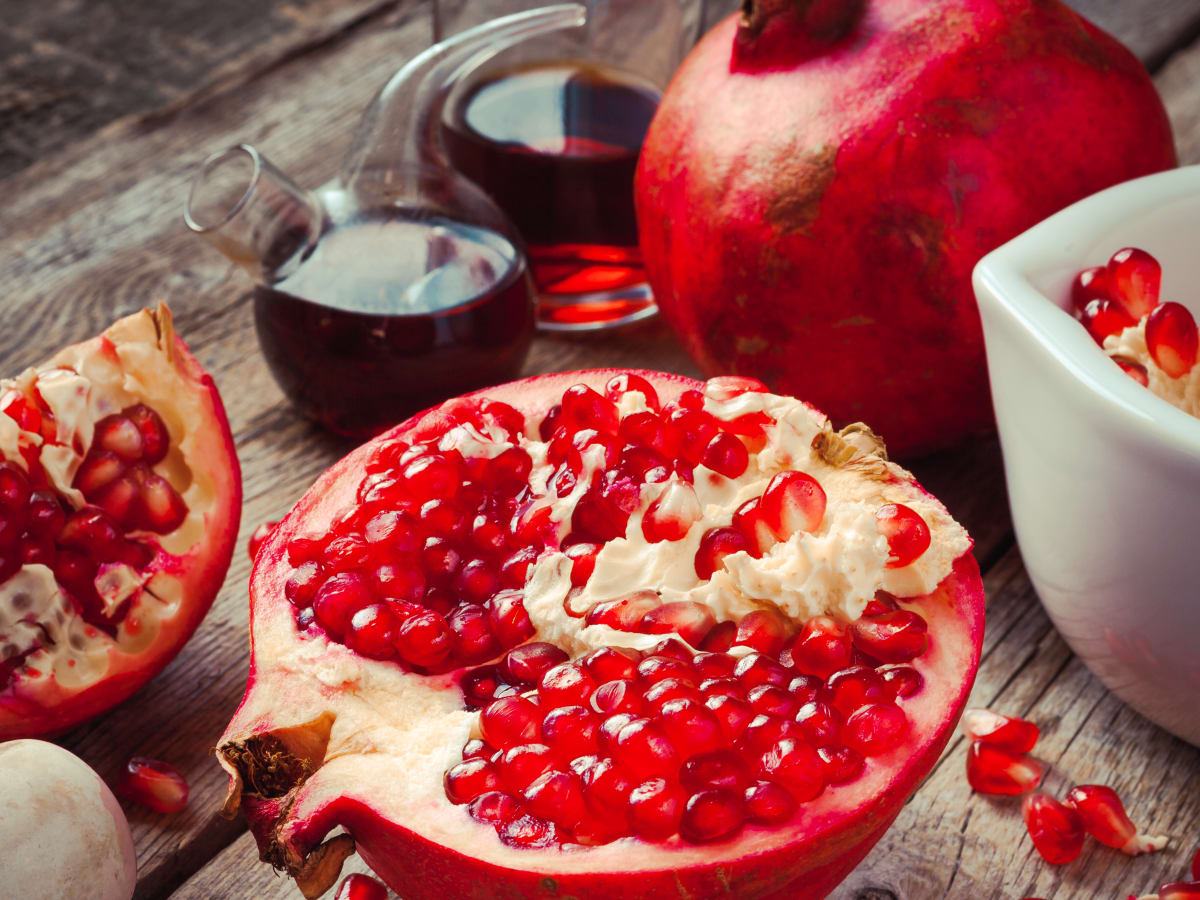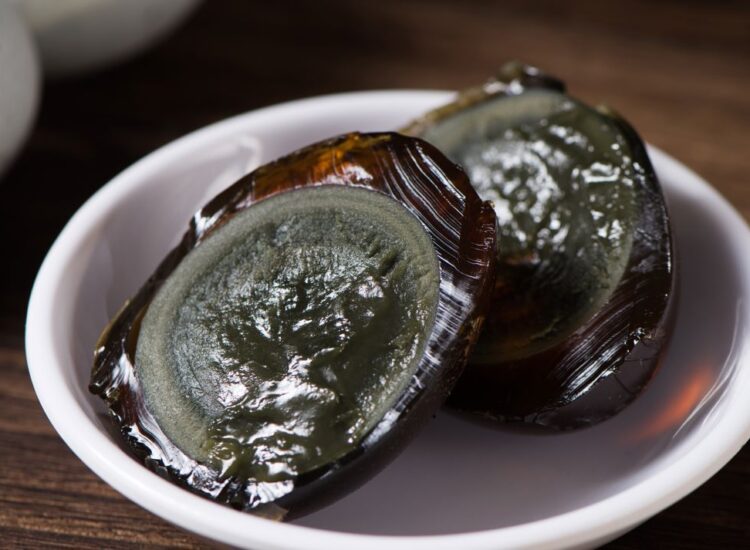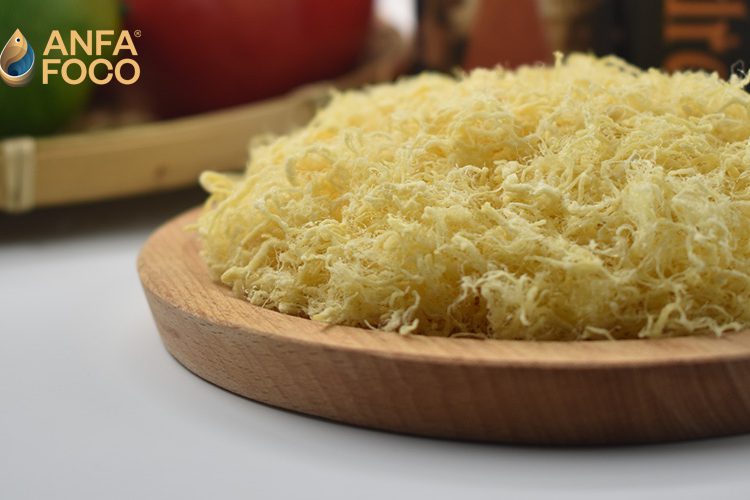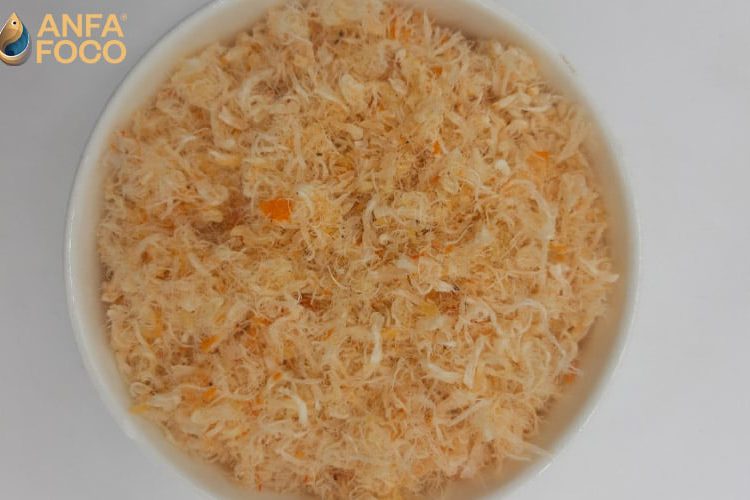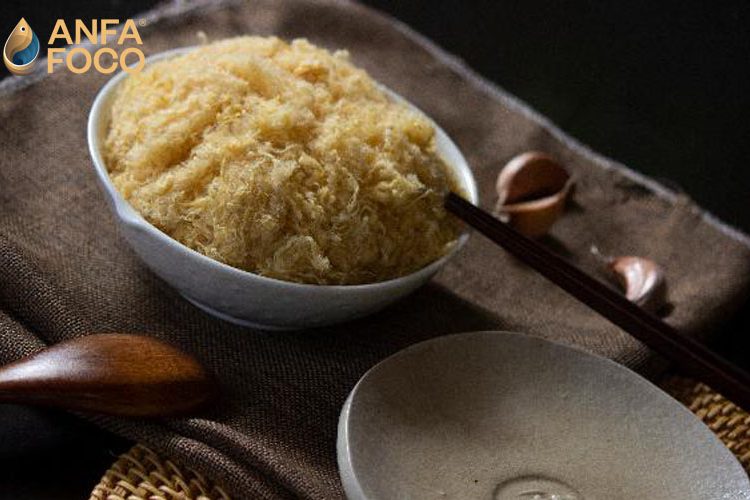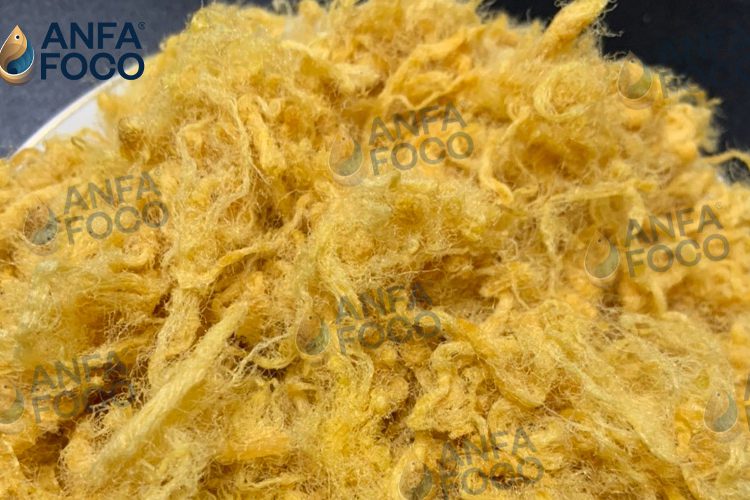Pomegranate Vinegar: A Tangy Elixir with a Wealth of Benefits
Pomegranate vinegar, a vibrant and flavorful condiment, has been gaining popularity not only for its unique taste but also for its potential health-promoting properties. Made from fermented pomegranate juice, this tangy elixir offers a delightful twist to culinary creations and may contribute to overall well-being. This article delves into the world of pomegranate vinegar, exploring its production, nutritional profile, health benefits, culinary uses, and more.
1. What Exactly is Pomegranate Vinegar? The Fermentation Journey
Pomegranate vinegar is produced through a two-step fermentation process, similar to how other types of vinegar are made. It begins with fresh pomegranate juice, extracted from the juicy seeds of the pomegranate fruit. This juice, rich in natural sugars, is the primary ingredient for the fermentation process.
The first step involves the introduction of yeast to the pomegranate juice. The yeast consumes the sugars present in the juice and converts them into alcohol, resulting in pomegranate wine. This alcoholic fermentation typically takes several weeks.
The second step involves the introduction of acetic acid bacteria, often referred to as “mother of vinegar,” to the pomegranate wine. These bacteria consume the alcohol and convert it into acetic acid, which is the main component of vinegar and gives it its characteristic sour taste. This second fermentation process can also take several weeks or even months, depending on the method and desired strength of the vinegar. The final product is pomegranate vinegar, a liquid with a reddish-brown hue and a distinctive sweet and sour flavor profile.
2. Unpacking the Goodness: Nutritional Profile of Pomegranate Vinegar
Pomegranate vinegar retains some of the beneficial compounds found in fresh pomegranates, making it a nutritious addition to the diet. While the exact nutritional content can vary depending on the production method and concentration, pomegranate vinegar generally contains:
- Acetic Acid: The primary component of vinegar, known for its potential health benefits.
- Antioxidants: Pomegranates are rich in potent antioxidants, including anthocyanins, tannins, and ellagic acid. These compounds can help neutralize harmful free radicals in the body, protecting cells from damage.
- Vitamins and Minerals: Pomegranate vinegar may contain trace amounts of vitamins like vitamin C and minerals like potassium.
- Polyphenols: These beneficial plant compounds are abundant in pomegranates and may contribute to various health benefits.
It’s important to note that while pomegranate vinegar offers nutritional value, it should be consumed in moderation as part of a balanced diet.
3. A Tangy Path to Wellness: Potential Health Benefits
Emerging research and traditional uses suggest that pomegranate vinegar may offer several potential health benefits:
Related articles 01:
1. https://anfafoco.com/sua-hat-lua-chon-dinh-duong-cho-suc-khoe-vang/
2. https://anfafoco.com/cung-cap-com-chay-cha-bong-gia-si-oem-theo-yeu-cau/
3. https://anfafoco.com/mua-cha-bong-heo-khong-duong-o-dau-chat-luong/
4. https://anfafoco.com/mon-an-vat-ngon-gia-si-cho-quan-ca-phe-tra-sua-o-bien-hoa/
5. https://anfafoco.com/the-amazing-benefits-of-bell-peppers-a-colorful-path-to-better-health/
- Rich in Antioxidants: The high antioxidant content may help protect against chronic diseases like heart disease and cancer by combating oxidative stress.
- May Support Heart Health: Some studies suggest that vinegar consumption can positively impact cholesterol levels and blood pressure, potentially contributing to heart health. Pomegranate itself has also been linked to cardiovascular benefits.
- May Aid in Blood Sugar Control: Vinegar has been shown to improve insulin sensitivity and help regulate blood sugar levels after meals. Pomegranate vinegar may offer similar benefits, although more research is needed specifically on this type of vinegar.
- Potential Anti-inflammatory Effects: Pomegranates are known for their anti-inflammatory properties, and some of these compounds may be retained in the vinegar, potentially helping to reduce inflammation in the body.
- May Support Weight Management: Some studies indicate that acetic acid can help promote feelings of fullness and potentially aid in weight management. Incorporating pomegranate vinegar into a healthy diet might offer some support in this area.
- Potential Benefits for Skin Health: When diluted, pomegranate vinegar may be used topically as a toner due to its natural acidity and antioxidant content. However, it’s crucial to dilute it properly to avoid skin irritation.
While these potential health benefits are promising, it’s essential to remember that more research, particularly in human studies, is needed to fully understand the effects of pomegranate vinegar on health. It should not be considered a replacement for medical treatment or a cure for any disease.
4. Culinary Adventures: Versatile Uses in the Kitchen

Pomegranate vinegar’s unique sweet and sour flavor profile makes it a versatile ingredient in the kitchen. It can add a delightful tang and complexity to a variety of dishes:
- Salad Dressings: Pomegranate vinegar can be used as a base for vibrant and flavorful salad dressings. Combine it with olive oil, herbs, garlic, and a touch of honey or maple syrup for a delicious vinaigrette.
- Marinades: Its acidity makes it an excellent tenderizer for meats and poultry. Use it in marinades along with spices and other flavorings to infuse your dishes with a unique taste.
- Sauces and Glazes: Pomegranate vinegar can be reduced to create sweet and tangy sauces or glazes for grilled meats, vegetables, or even desserts.
- Pickling: It can be used to pickle vegetables, adding a fruity and tart note to the preserved goods.
- Beverages: A splash of pomegranate vinegar can add a refreshing tang to sparkling water or cocktails.
- Dips: Incorporate it into dips like hummus or baba ghanoush for an extra layer of flavor.
The distinct flavor of pomegranate vinegar can elevate everyday dishes and add a touch of sophistication to your culinary creations.
5. Smart Choices: Selecting and Storing Pomegranate Vinegar
When choosing pomegranate vinegar, opt for products that list pomegranate juice as the primary ingredient. Look for vinegars that are naturally fermented and unfiltered, as these may retain more of the beneficial compounds. The color should be a rich reddish-brown.
To store pomegranate vinegar properly, keep it in a cool, dark place away from direct sunlight and heat. Like other types of vinegar, it is quite stable and has a long shelf life. You don’t typically need to refrigerate it after opening.
6. Considerations and Caveats: Potential Side Effects and Precautions
While generally safe for most people in moderation, there are a few potential side effects and precautions to consider when consuming pomegranate vinegar:
- Tooth Enamel Erosion: The acidity of vinegar can erode tooth enamel over time. It’s advisable to dilute pomegranate vinegar with water and rinse your mouth with water after consumption.
- Drug Interactions: Vinegar may interact with certain medications, such as diuretics and insulin. If you are taking any medications, it’s best to consult with your doctor before regularly consuming pomegranate vinegar.
- Digestive Issues: In some individuals, consuming large amounts of vinegar may lead to digestive discomfort, such as heartburn or nausea. Start with small amounts and see how your body reacts.
- Low Potassium Levels: Some studies suggest that excessive vinegar consumption might lower potassium levels in some individuals.
As with any dietary addition, moderation is key, and it’s always wise to consult with a healthcare professional if you have any underlying health conditions or concerns.
Related articles 02:
2. https://anfafoco.com/cha-bong-tom-cho-chuoi-banh-mi/
3. https://anfafoco.com/anfafoco-ong-hut-co-kho-bao-quan-lau-gia-re/
4. https://anfafoco.com/da-ca-say-gion-vi-trung-muoi-co-khac-da-ca-chien/
5. https://anfafoco.com/huong-dan-be-tap-thich-an-ca-cung-da-ca-trung-muoi/
7. The Homebrew Route: Making Your Own Pomegranate Vinegar
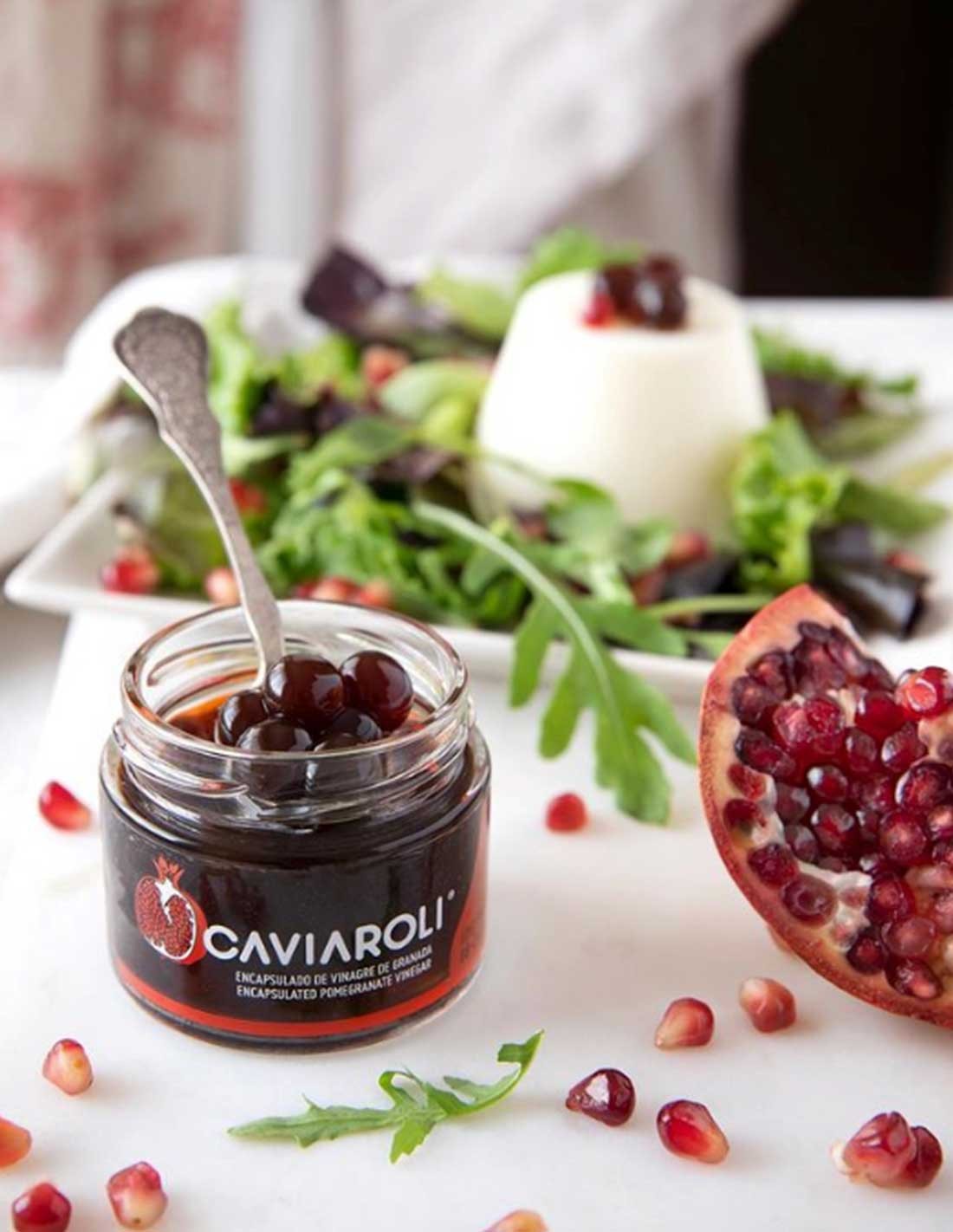
While readily available for purchase, it is also possible to make pomegranate vinegar at home, although it requires patience and careful attention to the fermentation process. The basic steps involve:
- Obtaining Pomegranate Juice: Use fresh, unsweetened pomegranate juice.
- First Fermentation (Alcoholic): Add a small amount of active dry yeast to the juice and store it in a warm, dark place for several weeks until the sugars are converted to alcohol.
- Second Fermentation (Acetic Acid): Introduce “mother of vinegar” to the pomegranate wine and continue to store it in a warm, dark place, allowing the acetic acid bacteria to convert the alcohol to acetic acid. This process can take several weeks to months.
- Testing and Bottling: Once the vinegar has reached the desired level of acidity, it can be filtered (optional) and bottled.
Making your own pomegranate vinegar allows for control over the ingredients and process, but it requires careful monitoring to prevent spoilage.
8. Standing Out in the Crowd: Pomegranate Vinegar vs. Other Vinegars
Pomegranate vinegar distinguishes itself from other common vinegars like apple cider vinegar, white vinegar, or balsamic vinegar through its unique flavor profile and potential health benefits. While apple cider vinegar is widely recognized for its health properties, pomegranate vinegar offers a sweeter and fruitier tang. White vinegar is more neutral in flavor and primarily used for cleaning and pickling. Balsamic vinegar is known for its rich, complex, and often sweet flavor, typically used in dressings and as a finishing touch. Pomegranate vinegar offers a middle ground, providing both a distinct fruity flavor and a range of potential health advantages associated with the pomegranate fruit.
Conclusion: Embracing the Tangy Benefits of Pomegranate Vinegar
Pomegranate vinegar is a versatile and intriguing ingredient that offers a delightful combination of flavor and potential health benefits. From its unique production process to its rich nutritional profile and diverse culinary applications, it stands out as a tangy elixir worth exploring. Whether you’re looking to add a vibrant twist to your salads, create flavorful marinades, or simply explore its potential health-promoting properties, pomegranate vinegar is a flavorful and potentially beneficial addition to a well-rounded diet. As research continues to uncover its full potential, this tangy condiment is likely to become an increasingly popular choice for those seeking both culinary delight and wellness benefits.

